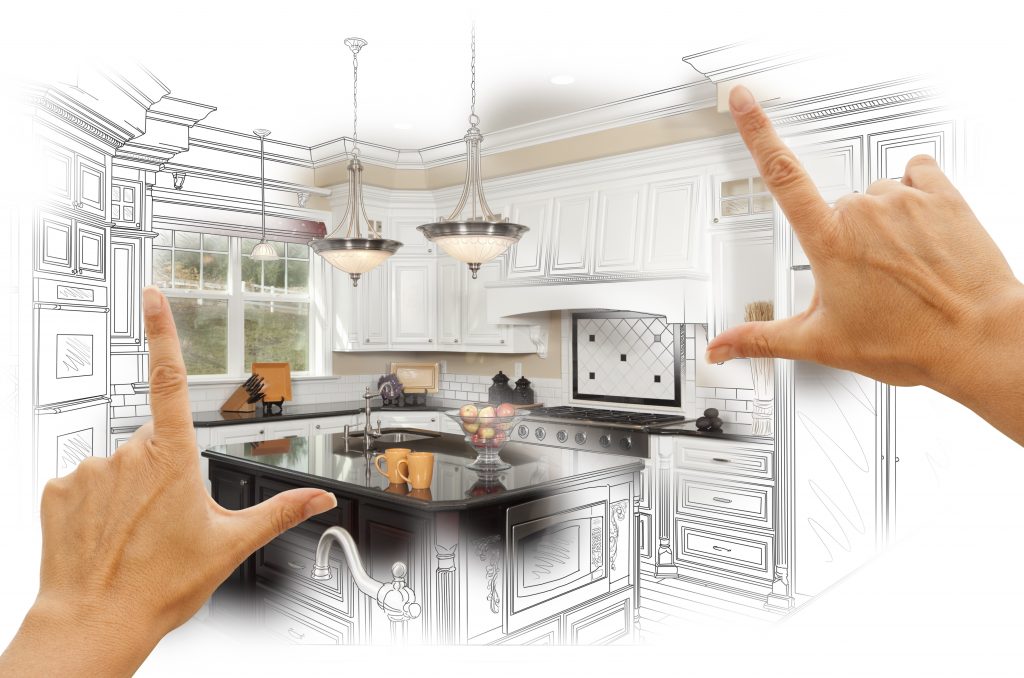Concrete is a durable, long-lasting material that can add a lot of value to your home. It also offers many decorative options, is cost efficient and can handle heavy traffic. It is a popular choice for driveways Newcastle, especially with homeowners who want a non-slip surface that will resist weed growth and harsh weather.
The process for installing a Concrete driveways Newcastle can vary, but the basic steps are similar. The old surfacing is removed and disposed of properly. The ground is then prepared for the new concrete by laying sub-base and drainage, and then the concrete is mixed and laid to your desired thickness. The concrete is left to cure before the finishing touches are applied. This can take a couple of days and it is not possible to walk on or drive on the surface during this time.
There are a variety of different finishes available for your concrete driveway, and the team at Newcastle Driveway & Patio Pro can help you select a colour and finish that best suits your home and its surroundings. For example, exposed aggregate concrete is popular with modern homes. It comes in a range of colours, from light tones to darker greys and is an affordable option that gives your driveway a unique look. It also has the added benefit of grip. Our concreting experts apply a premium-grade sealer to the finished surface, which will protect it from grease and oil stains and enhance the colour.
A coloured concrete driveway is an excellent choice for those who are looking for a low-maintenance, long-lasting surface. The colour pigment is mixed into the concrete before it is poured, so it will not fade or flake away. The team at Newcastle Driveway & Patio Pro has experience working with many clients to create stunning concrete surfaces that will enhance their home’s curb appeal.
A concrete driveway is a smart investment for any homeowner in Sunderland, Newcastle, County Durham or Teesside. Not only will it improve the look of your property, but it will also last for decades. Plus, it is an environmentally friendly option, as it reflects light and heat rather than absorbing it, which helps to reduce the urban ‘heat island effect’ in cities like Newcastle and Sunderland. It is also very easy to repair or replace, should damage occur. This makes it a great alternative to tarmac or block paving, as these materials can be expensive and difficult to maintain.

